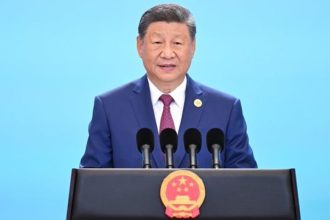A US federal judge has ordered that Google must permit Android apps from competing tech companies on its Google Play app store for the next three years, starting next month. This directive forms part of the remedies Judge James Donato issued following a lawsuit by Epic Games, the developers of Fortnite.
Google plans to appeal this ruling and will request a delay in implementing these remedies. This legal battle originated from a December jury verdict in favour of Epic Games, which accused Google of suppressing competition by controlling app distribution and payment systems on Android.
Google contends that the imposed changes could jeopardize user privacy and security, complicate app promotion for developers, and diminish competition on Android devices. Nonetheless, legal scholars like Rebecca Haw Allensworth of Vanderbilt Law School interpret the ruling as a substantial challenge to the hegemony of major tech firms, suggesting that it compels dominant platforms to facilitate competitor access to bolster competition.
Additionally, the ruling mandates Google to provide its app catalogue to rival app stores, a requirement that Mark Lemley of Stanford Law School points out is unusual in antitrust law. The judge, however, noted that proven antitrust violations warrant corrective actions, even those not previously mandated.
Despite the verdict, Google asserts that its Play Store competes fairly, citing rivalry with Apple, which also faced legal action from Epic Games in 2020.
Critics, including Lee Hepner, Senior Legal Counsel at the American Economic Liberties Project, argue that Google’s app store fees, which can be as high as 30%, inflate consumer costs. Hepner believes this ruling will prompt more developers to enter the market, potentially lowering consumer prices.






